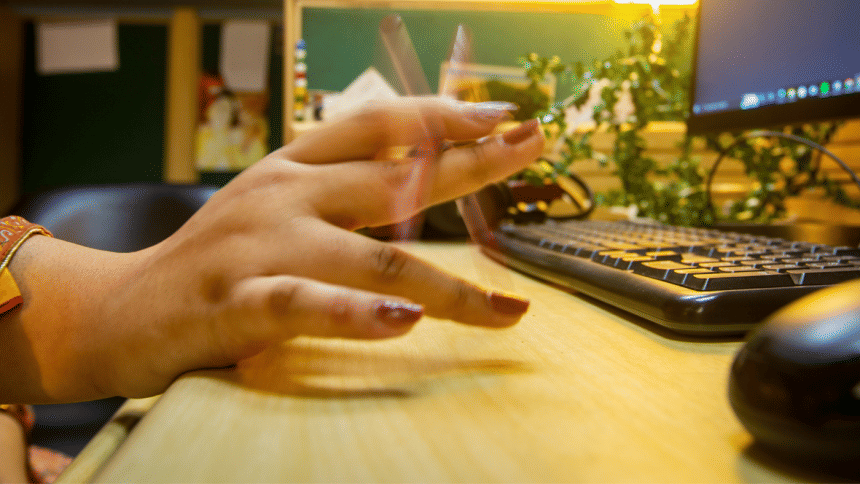How individuals with social anxiety are always misunderstood

Living with social anxiety is a two-front war. You're waging a war against yourself every time the need for social interaction arises and you get cold feet. By the time you barely avoid tipping over the edge, you realise your standoffish existence might've already made a negative impression on the person you're interacting with.
Social Anxiety Disorder, known as SAD, stems from a fear of rejection and harsh scrutiny. People who have SAD overthink how they're being perceived by others. They liken other people's perspective to a mirror that's supposed reflect back their self-worth. Socially anxious people feel a heightened pressure to maintain an unfazed appearance and have intense fear of goofing up. This can cause them to shrink back further into their bubble.
Unfortunately, their inability to smoothly communicate is often misunderstood as antipathy for socialisation. Their reticence at forming distant social relationships can get misinterpreted as a lack of effort and absence of initiative.
In school, my social phobia slowly made me shy away even from familiar settings. I gave up on stage performances and extracurricular activities (ECAs) as a drastic measure to avoid human interaction. When I forced myself into participating, my knee-jerk aloofness and impaired communication skills made my efforts appear half-hearted during performance assessments.
Unlike popular belief, people can be comfortable in the spotlight, crave close-knit relationships and still struggle with crippling social anxiety.
A significant part of our academic achievements and ECAs depend on how well we can communicate and form networks at school. My irrational fear of speaking up and social awkwardness, however, would devour me whenever I tried public speaking or have in-depth conversations with teachers and institutional authorities. Most discussions would just be me nodding my head and barely managing terse replies. These would inadvertently give off the impression that I'm uptight, disinterested and lack enthusiasm.
The rare times my struggles felt acknowledged were whenever I witnessed my friend, with social anxiety worse than mine, quake in her boots when singled out to answer questions in a packed classroom. Her feeble and cluttered responses earned her the teachers' disapproval and a place in the social phobia club.
It's very apparent that most adults in our country brush off social anxiety as shyness that can be easily triumphed. However, social anxiety is not something that one can overcome with just sheer willpower. The problem lies in the fact that our teachers, families and acquaintances point out what we're doing wrong during social interactions, but they do not attempt to understand our social anxiety and why we require them to be kinder towards us.
Bangladeshi societal culture is very collectivist at heart and therefore people tend to assume the worst of those who cannot integrate seamlessly into a cohesive community ought to fear of socialisation.
French philosopher Sartre once said, "Hell is other people." As long as social anxiety is trivialised and ignored as a phantom issue, the quote shall continue to ring true for every socially anxious person out there.
Nuzha forgives people for pronouncing her name wrong and wallows in books and anxiety. Suggest her fiction at [email protected]

 For all latest news, follow The Daily Star's Google News channel.
For all latest news, follow The Daily Star's Google News channel. 









Comments